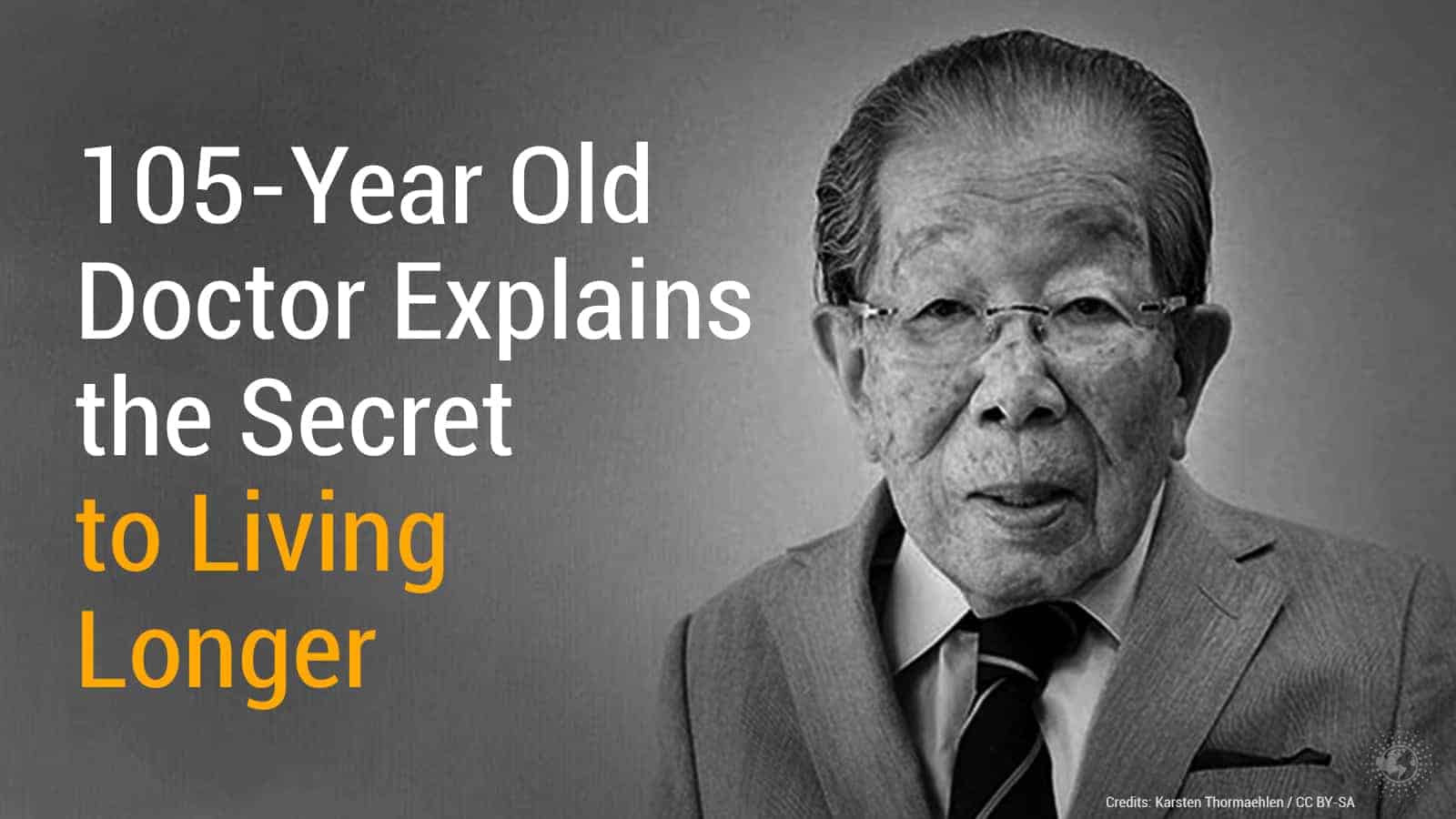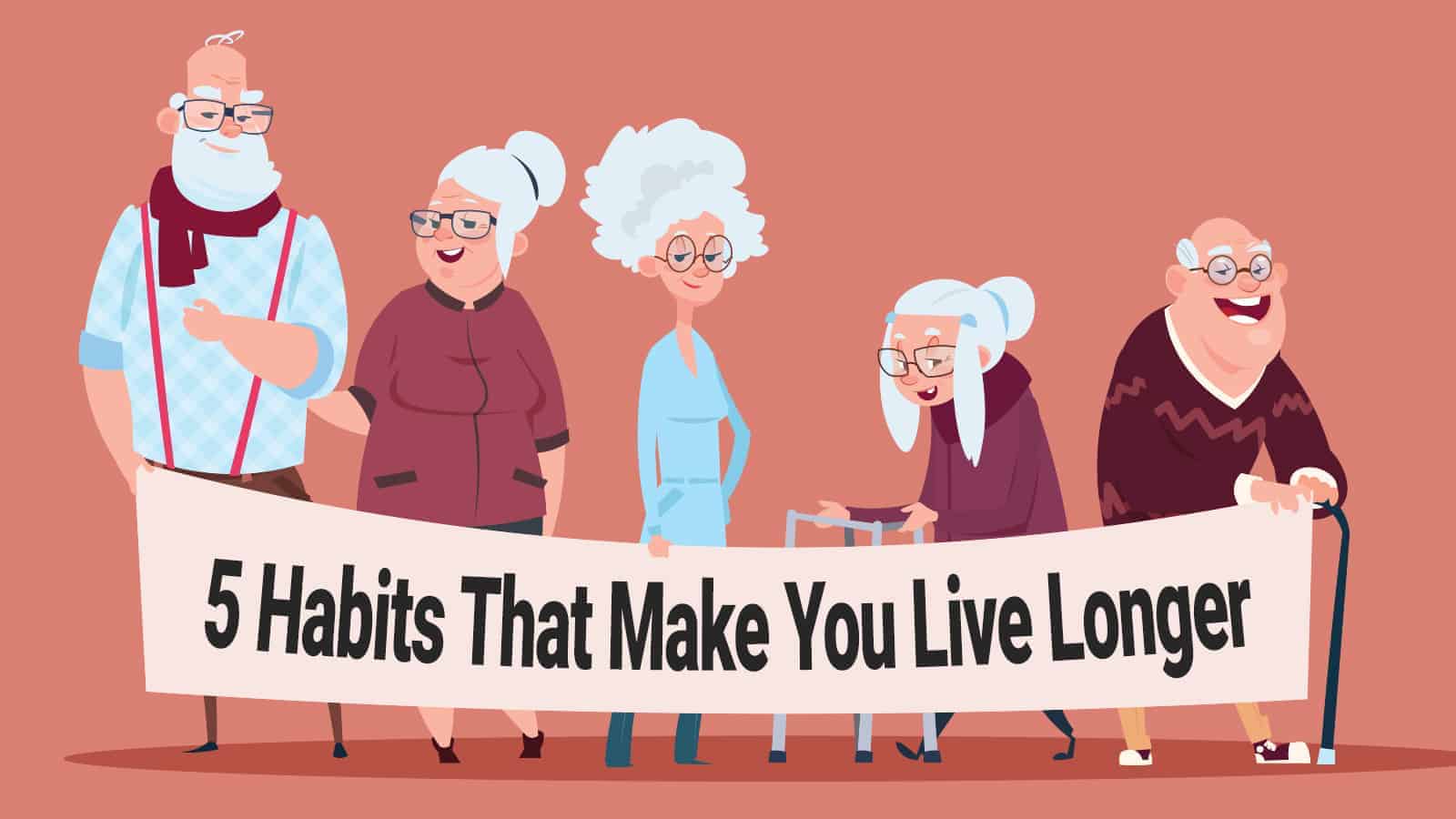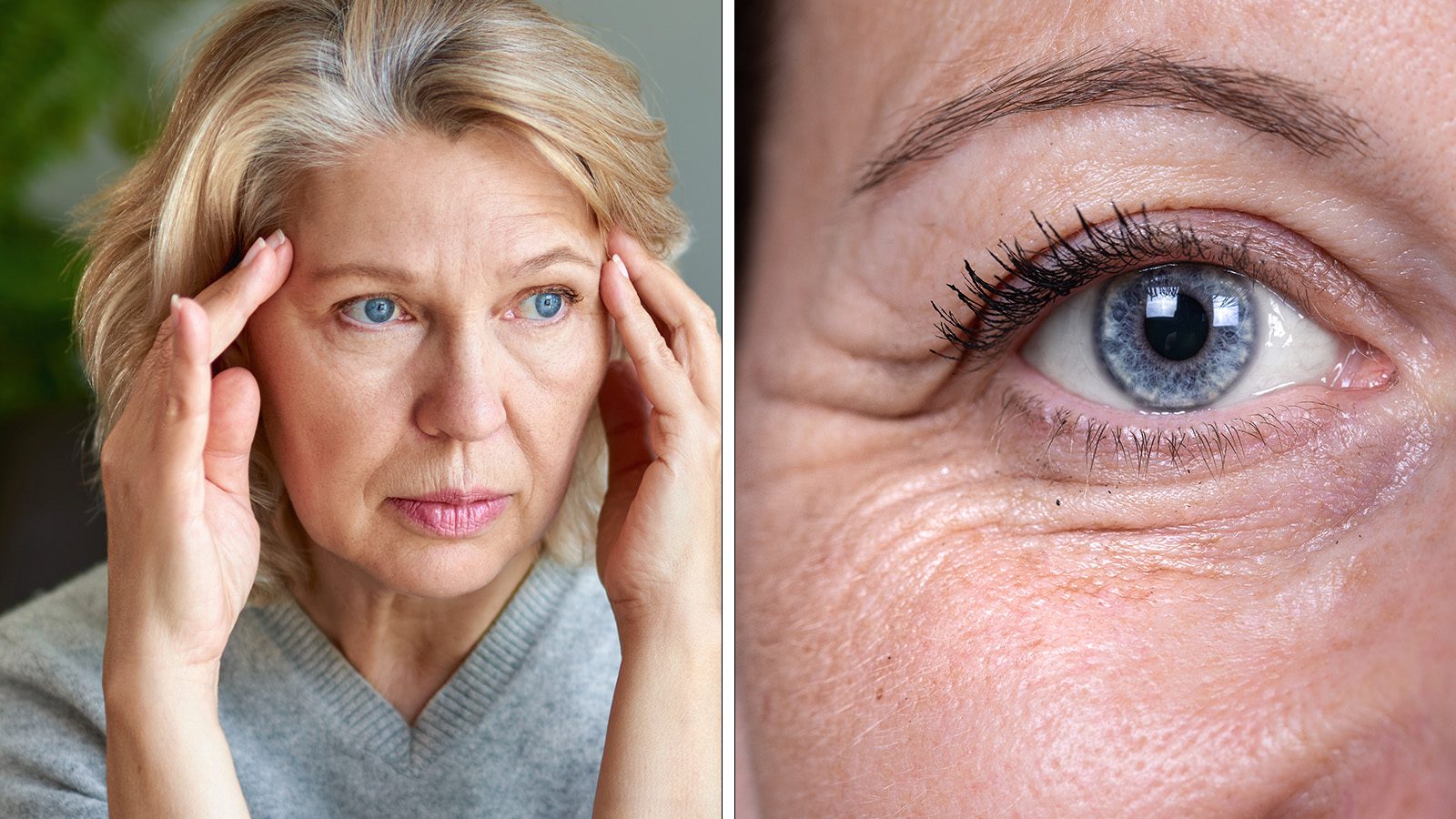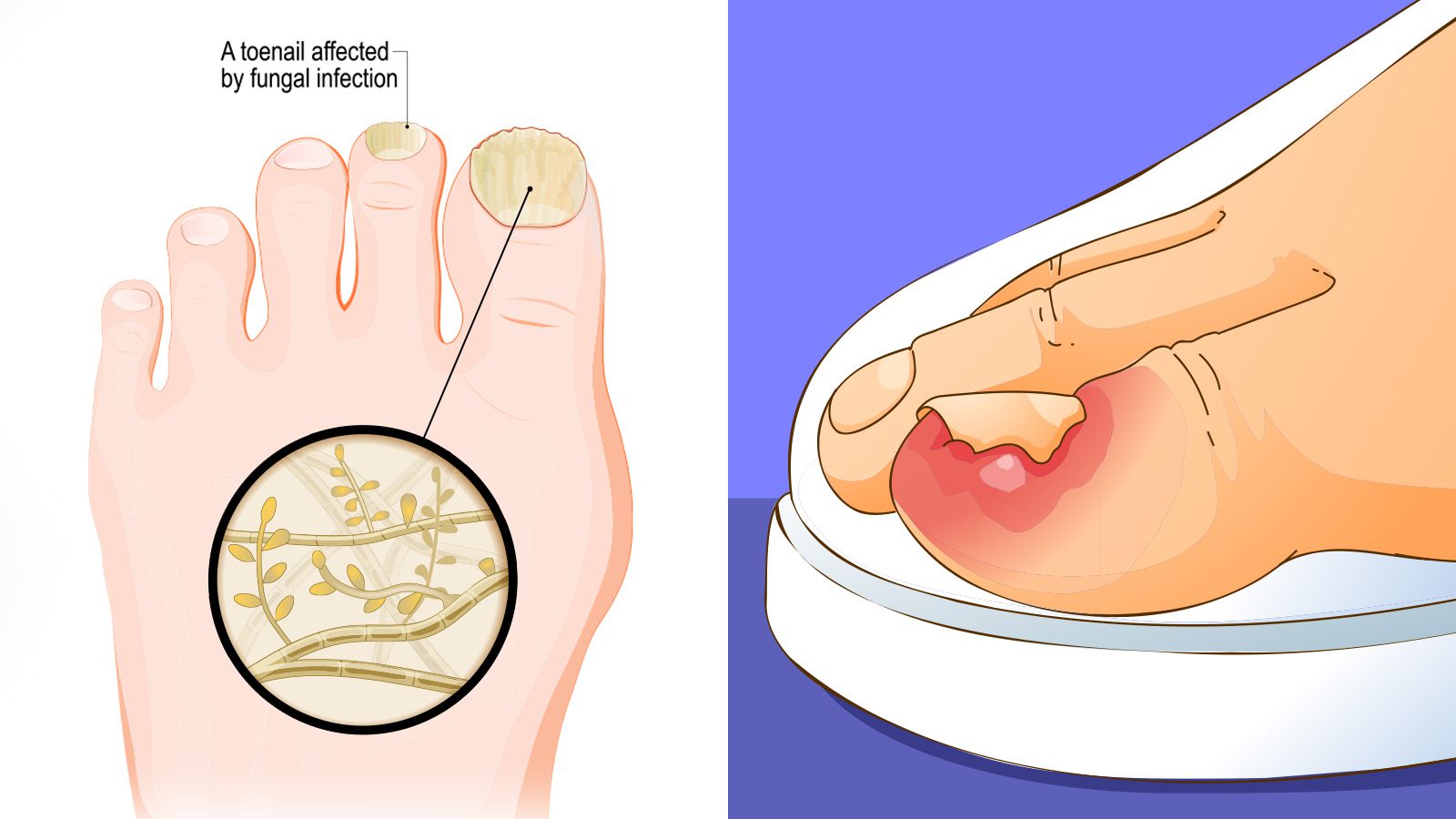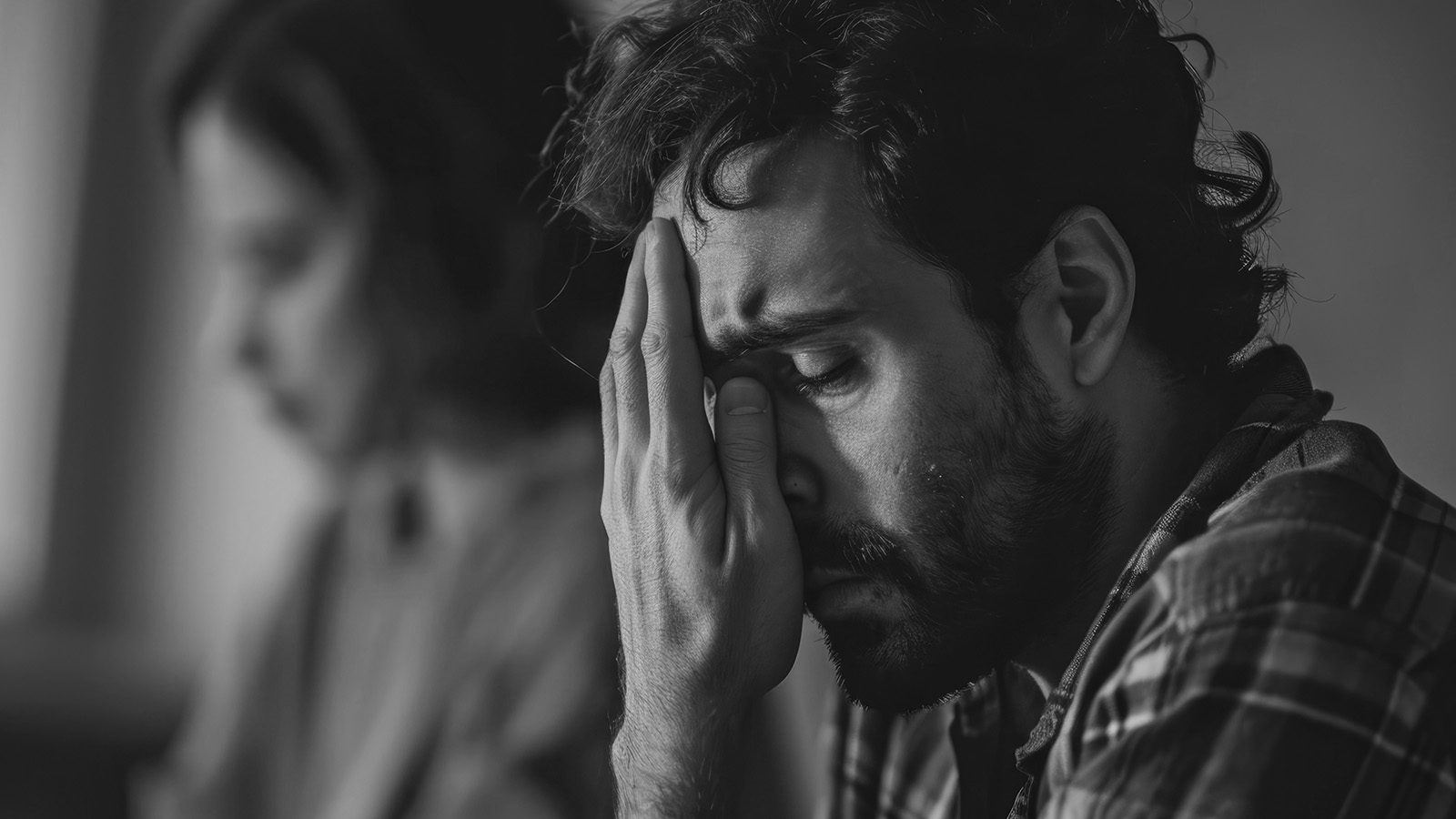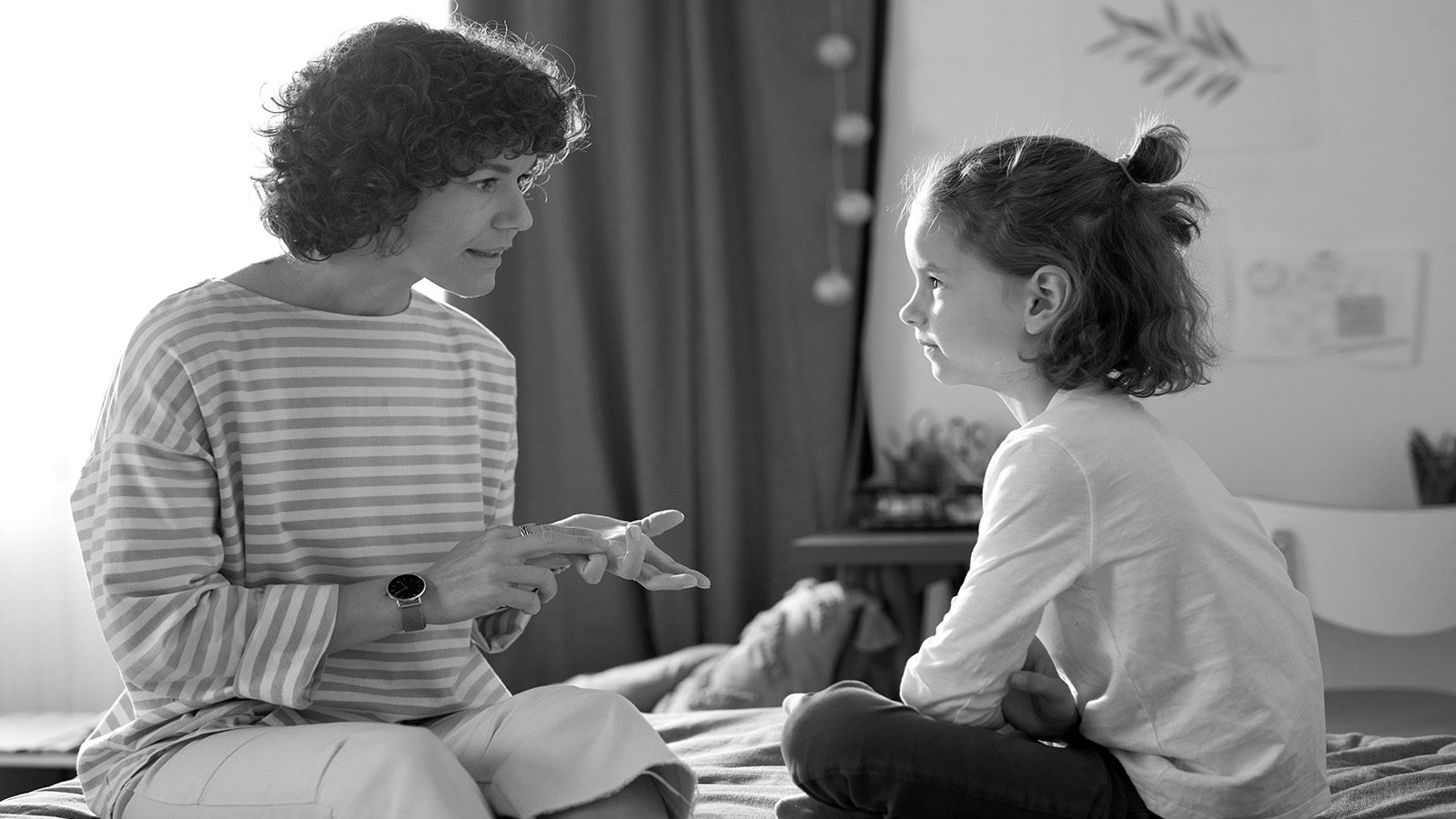Have you wondered the secret to living longer?
Dr. Shigeaki Hinohara lived a long time. One hundred five years long, to be exact. Hinohara was born on 4 October 1911 and passed away on 18 July 2017.
As both a doctor and one of the world’s oldest people, Dr. Hinohara knew a thing or two about longevity. But, as the good doctor tells us, the number of years that you live isn’t nearly as important as how well you live those years.
So, what are Dr. Hinohara’s secrets to a long, happy life? That’s the point of this article!
As a tribute to this great man, let’s briefly delve into the good doctor’s astounding life and legacy.
A Longevity Expert…and a Hero
Dr. Hinohara was born in the Yoshiki District, Yamaguchi Prefecture, Japan, on 4 October 1911. At the time of Honohara’s birth, the average life expectancy of a Japanese person was less than 40 years. As the New York Times would report, Dr. Hinohara “never wasted a day defying the odds.”
Dr. Hinohara graduated from Kyoto Imperial University’s school of medicine in 1937. A mere few years after, Dr. Hinohara found himself saving lives during the three-year firebombing of Tokyo by the U.S. Army Air Forces, widely considered among the most destructive bombing campaigns in human history.
The destruction of WWII would not be the good doctor’s only brush with disaster. He was also taken hostage by the radical communist group, the Japanese Red Army, in a commercial jet hijacking. He would later comment that he felt lucky to be alive. These death-defying events may just have been Dr. Hinohara’s impetus for his love of work later in life.
In 1995, Dr. Hinohara would help treat several hundred victims of a radical cult’s gas attack of a subway station in Tokyo. Of the 740 victims of the gas attack, 739 survived. It is believed that Hinohara’s timely equipping of his hospital and training of staff enabled care workers to prevent mass casualties, both in the event mentioned here and in subsequent disasters.
While Dr. Hinohara no doubt saved many hundreds of lives “on the front lines,” it’s his groundbreaking work in the field of preventative medicine that has saved the most.
In truth, it’s hard to overstate Dr. Hinohara’s contributions to healthcare in general, and Japanese medicine in particular. What’s particularly impressive is that the fruit of his work was made evident in his own long, healthy life.
For example, up until two months before he passed on, Dr. Hinohara was said to work 18-hour days between his work at the hospital and his lectures. Did you get that? A 105-year-old man was working 18-hour days a mere two months before his passing!
The question begged is, how? How in the heck could a 105-year-old man maintain a lifestyle that would be too much for, well, pretty much everyone not named Dr. Shigeaki Hinohara?
Dr. Hinohara’s Secrets to Longevity
“His lifestyle, which spared no effort towards personal growth and improving his spirituality, could be the reason that he maintained such a youthful spirit even at the age of 100.”
~ Kunio Yanagida, eulogizing Dr. Hinohara
Purpose.
Dr. Hinohara lived a life of purpose. Mainly, selfless service to others.
“He believed that life is all about contribution, so he had this incredible drive to help people, to wake up early in the morning and do something wonderful for other people,” said Japan Times journalist Judit Kawaguchi.
Dr. Hinohara never stopped growing as a human being, whether it was becoming a better doctor for his patients, serving on the homefront in World War II, or penning on of his 150 authored books.
“He always had today’s goals, tomorrow’s, and the next five years,” continues Kawaguchi.
But besides living a life of service and absolute purpose, Dr. Hinohara offered many other health tidbits that can improve lifespan.
Among them:
Use olive oil
“I use a lot of olive oil in my diet. It is great for the arteries and keeps my skin healthy.”
A 2020 metanalysis confirms that extra virgin olive oil regulates cardiovascular risk factors. Scientists attribute these benefits to polyphenols, organic compounds that are rich in antioxidants. Olive oil rich in polyphenols reduces bad cholesterol, inflammation, and oxidating stress “significantly.” Additional studies demonstrate that olive oil also reduces blood pressure.
Japan, Dr. Hinohara’s home country, has the second-highest life expectancy at just over 85 years. Unsurprisingly, Japan also has the highest per-capita olive oil consumption in Asia.
Eat less
“My lunch is usually just milk and a few cookies, or else I don’t have lunch at all if I am busy.”
While Dr. Hinohara never mentions the term “intermittent fasting,” he likely practiced something like it, perhaps indirectly, throughout most of his active life. What’s clearer is that the good doctor was not a big eater. Per the New York Times piece, “His diet was spartan: coffee, milk and orange juice for breakfast; milk and a few biscuits for lunch; vegetables with a small portion of fish and rice for dinner.”
Per a study published by researchers at the University of Alabama, a form of intermittent fasting called “early time-restricted feeding” improves insulin sensitivity and significantly reduces blood pressure.
Don’t be overweight
“All people who live long share one thing in common: None of them are overweight.”
Both being overweight and obesity are among the six “major” risk factors for developing heart disease. (With four other factors – hypertension, high blood cholesterol, diabetes, and physical activity, being a potential cause or effect of being overweight and obesity.)
Have fun
“We all remember how as children, when we were having fun, we often forgot to eat or sleep. I believe that we can keep that attitude as adults, too.”
By most accounts, Dr. Hinohara was a happy guy. He loved his job, his patients, working, learning, writing, reading, and, well, pretty much everything. Not only did he know how to have fun, but he believed in the tangible medical benefits of it. In fact, Dr. Hinohara used to “prescribe” more fun time for patients to help them deal with pain!
In a 2009 study, researchers found that patients demonstrated “significantly greater pain tolerance” while viewing funny videos. Another study found that electronic gaming resulted in the same.
Don’t have too many rules.
“It’s best not to tire the body with too many rules such as lunchtime and bedtime.”
While Dr. Hinohara was a productive guy, he wasn’t a big rule maker or, for that matter, keeper. While there isn’t a who lot of scientific evidence pertaining to the health benefits of not having many rules, the effect – if there is one – can likely be traced to taking on less stress, for which there is plenty of evidence.
Don’t retire too soon.
“If you must retire, do it well after 65.”
Some people may not like this one, but it’s hard to argue with a man who lived past triple digits. And indeed, there is some scientific evidence demonstrating the potential negative health benefits of retirement.
Per a study by the National Bureau of Economic Research, full retirement increases mobility difficulties and illness by 5-16 percent and 5-6 percent, respectively. Full-time retirement also decreases subjective mental health by up to 9 percent.
Most likely, these adverse health benefits can be attributed to living a more sedentary lifestyle during retirement. As such, these same effects can likely be avoided with a more active lifestyle.
Share your knowledge (or just stand up!)
“I give 150 lectures a year, some for 100 elementary-school children, others for 4,500 businesspeople. I usually speak for 60 to 90 minutes, standing, to stay strong.”
Undoubtedly, standing to deliver lectures kept the good doctor spry.
Always take the stairs.
“I take two stairs at a time, to get my muscles moving.”
It worth mentioning that Japan has one of the highest life expectancies in the world, at an average of 85.3 years.
Final Thoughts on Living Longer by Leading a Healthy Lifestyle
Dr. Hinohara lived a long, productive, and healthy life. He consistently made smart dietary choices, kept active, and engaged his brain in lecturing and working. Follow his lead, and you, too, can enjoy living longer.

